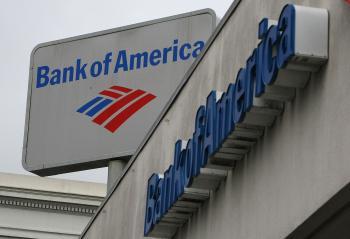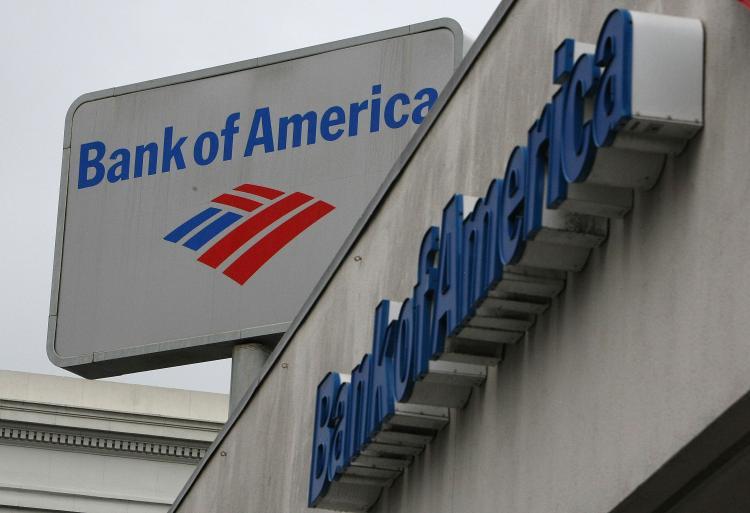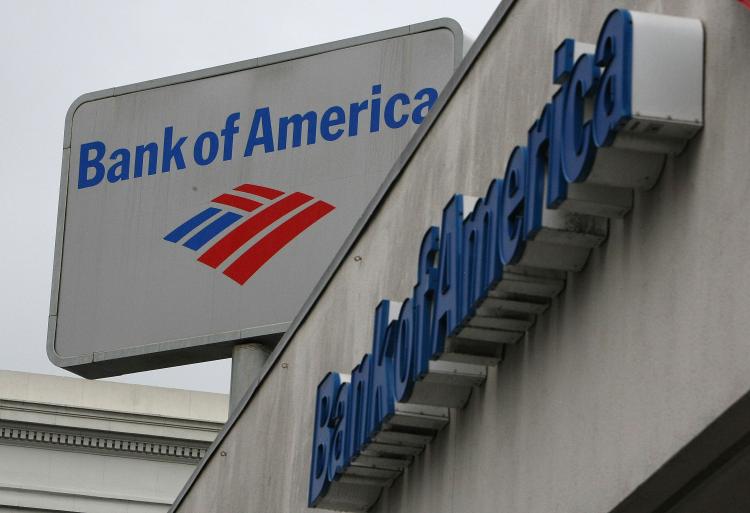NEW YORK—Bank of America Corp. (BAC), the nation’s biggest bank by assets, is facing a $10 billion lawsuit from New York-based insurance giant American International Group (AIG) alleging misrepresentation of value of securities sold.
AIG said that Bank of America and two other companies now owned by the bank—Countrywide Financial and Merrill Lynch & Co.—sold AIG $28 billion worth of residential mortgage-backed securities between 2005 and 2007, which were overvalued.
The lawsuit is the latest of a recent string of bad news for BAC related to its legacy business. The bank bought Countrywide, one of the leading issuers of subprime mortgages, in July 2008 during the financial crisis, and has suffered losses related to the unit ever since.
BAC Chief Executive Brian T. Moynihan has in recent months attempted to put the company’s subprime woes behind it by setting aside billions of dollars in the last quarter, but new litigations have since hit the company.
In the lawsuit, which was filed in the New York State Supreme Court in Manhattan, AIG seeks damages of around $10 billion, saying that Bank of America “engaged in massive scheme to manipulate and deceive investors” such as AIG.
But BAC says that AIG’s allegations have no basis, and that the insurance giant knew that the securities were of dubious quality, but bought them anyways to chase the potentially high returns.
“[AIG] is the very definition of an informed, seasoned investor, with losses solely attributable to its own excesses and errors,” Bank of America spokesperson Lawrence Di Rita said in a statement. Essentially, BAC believes that the disclosures it made were enough for savvy investors like AIG.
Last week, Bank of America suffered a blow when New York Attorney General Eric Schneiderman filed court papers to block a settlement the bank reached with several investors, including BlackRock Inc. and PIMCO, who requested BAC repurchase the toxic residential mortgage-backed securities it sold them at the height of the financial crisis.
Bank of America and the investors, along with trustee bank Bank of New York Mellon, agreed in a $8.5 billion settlement which would have encompassed all of Countrywide’s customers. But Schneiderman argued that the deal was flawed and petitioned the court to reject the settlement.
Analysts say that BAC may need to raise additional capital to meet capital requirements, and is likely to sell a portion or its entire stake in China Construction Bank, in which it has a $21 billion stake.
Year to date, shares of BAC has underperformed the market as well as its peers in the banking industry. Shares of BAC (NYSE: BAC) declined almost 17 percent on Monday, and it is down almost 49 percent year-to-date. The financial sector, as a whole, has declined 10 percent since Jan. 1.






